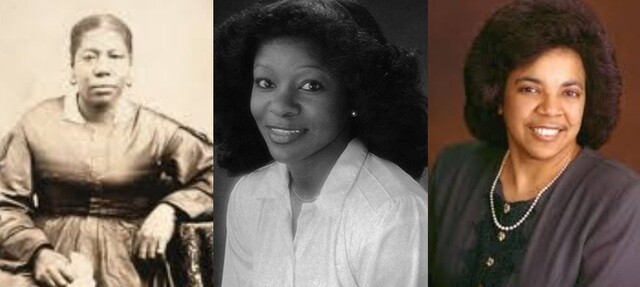The following is from the 2014 BYU Religious Education Student Symposium. In celebration of the 40th anniversary of the revelation that extended the priesthood to black men in the Church, we wanted to share this article highlighting female black pioneers and their sacrifices for their faith.
In 1978, The Church of Jesus Christ of Latter-day Saints released a declaration that lifted the ban on the priesthood, making it available to all worthy males. This revelation was most significant to black males. Thus when most Latter-day Saints hear this story, they link it to lessons given in Church where things like the priesthood and the blessing of modern prophets who have the ability to receive continuing revelation are discussed. Such lessons emphasize how important this declaration was to black men, who could not receive the blessings of the priesthood before this time.
Because women cannot hold the priesthood, they are frequently left out of this tale of patience and revelation. However, we must remember that because black men did not hold the priesthood, they could neither receive the blessings of the temple through receiving personal endowments or familial sealings, nor could they serve missions. Similarly, black women were denied these privileges; thus this ban affected black women immensely. Tragically, we never hear the stories of these women. We never hear of their experiences of begging mission presidents to be allowed to serve full-time missions or writing letters to prophets of the Church, demanding to receive their temple ordinances. Why is it that these remarkable stories are all but forgotten? While its benefit to black men should not be diminished, we often overlook the impact that the lifting of the priesthood ban had on women. It is just as important for Latter-day Saints to study the black female experience with the priesthood ban and its release as it is to study the black male experience. . . .
Jane Manning James is well known for being one of the few black pioneers. Though best known for her barefooted trek from Connecticut to Nauvoo, she was also known as being an advocate for the lifting of the priesthood ban. Her drive to have the ban lifted was defined by her powerful desire to enter the holy temple, receive her endowment, and be sealed to her family. She was concerned about the spiritual state of her family if they could not be sealed to one another. Jane petitioned multiple prophets to grant her this privilege, but each time, she was denied access to the temple because of her race.[8]
Mary Frances Sturlaugson is known for being the first black female missionary for The Church of Jesus Christ of Latter-day Saints. Growing up, she had disliked the Church because she knew that blacks did not have equal rights to the priesthood. Because of this, her first encounters with the missionaries were highly unsuccessful. It was only because of their incessant desire to help her and persistence in contacting her that she finally decided to listen to them. Not long thereafter, she was baptized; however, her family disowned her and from that point on, she had very little contact with her parents and twenty-four brothers and sisters.[9] Her sacrifice for joining the Church was immense, but she had felt a confirmation that this Church would bring her peace.

